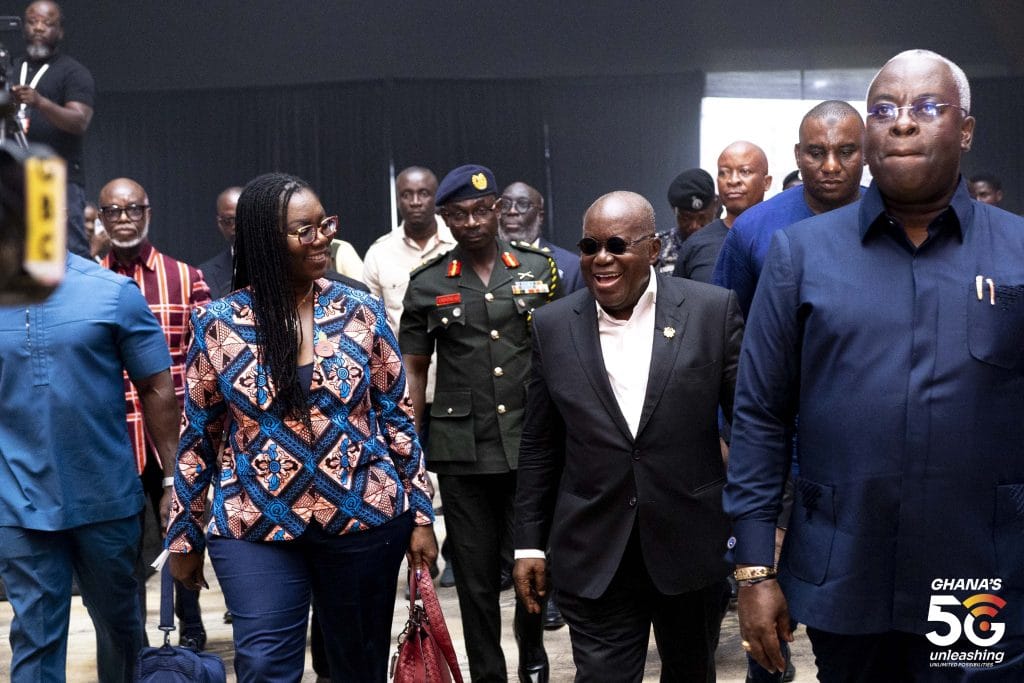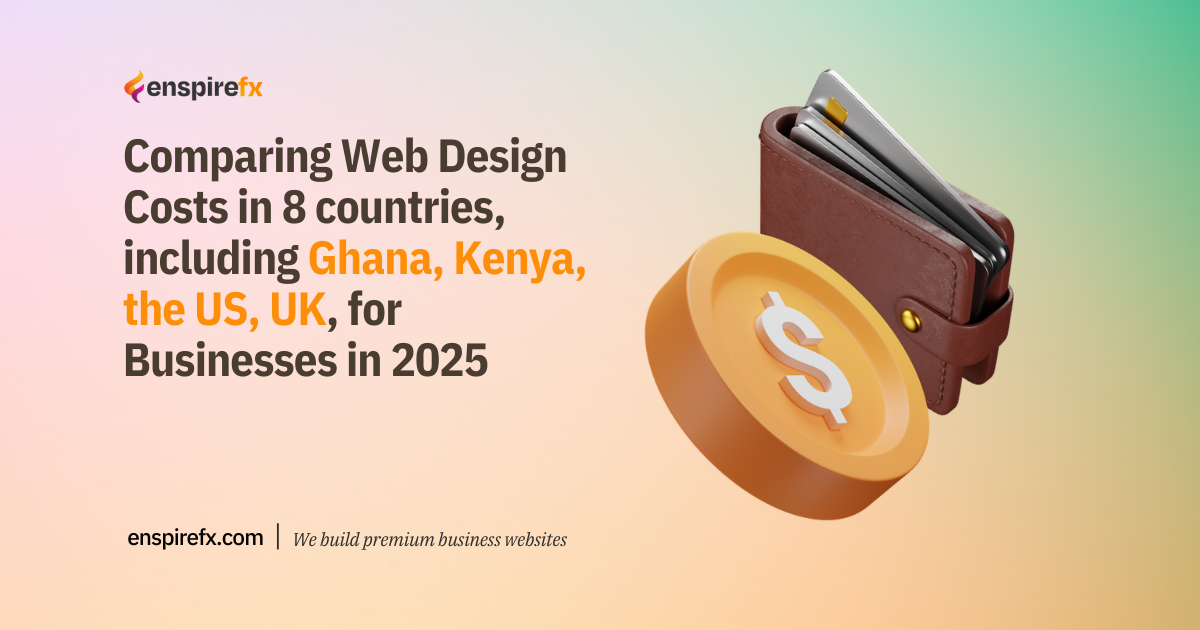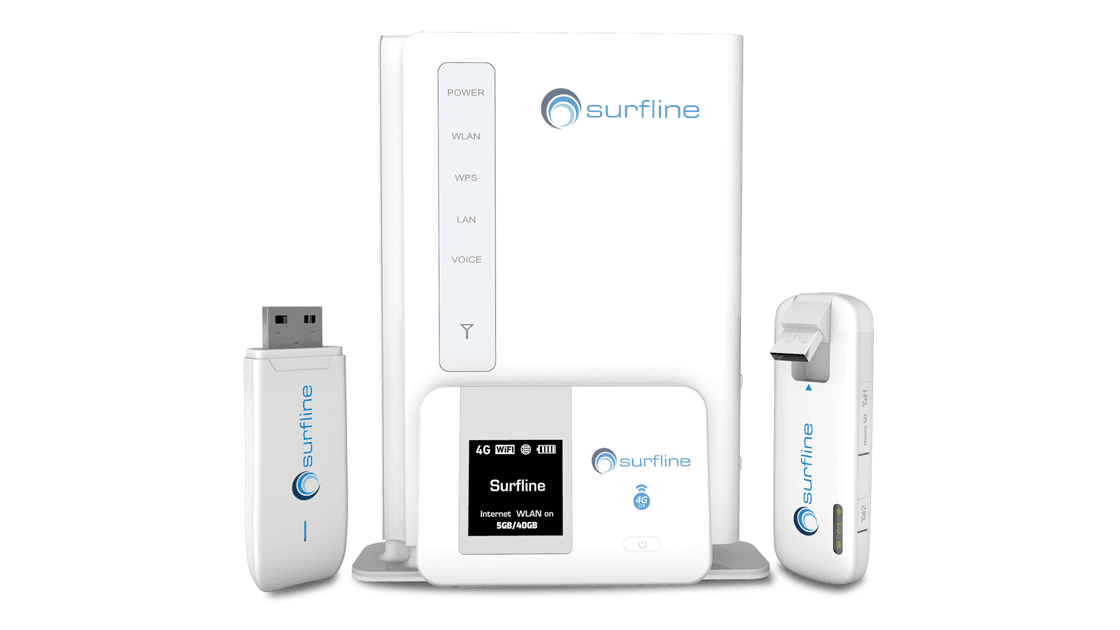Examining the controvery over Ghana’s 5G network launch

Ghana marked a significant milestone in its digital transformation with the official launch of its 5G network. Hosted at the La Palm Royal Beach Hotel, the launch was attended by President Nana Akufo-Addo and the Minister for Communications and Digitalisation, Mrs. Ursula Owusu-Ekuful, who celebrated this achievement as a major step forward for the nation’s connectivity.
But while the 5G rollout promises improved internet speeds and connectivity across key urban centres, the decision to award the exclusive 5G license to Next Gen Infraco Ltd. has ignited a heated debate about transparency, accountability, and the future of competition in Ghana’s telecom sector.
5G in Ghana Rollout
The initial phase of the 5G rollout will cover major cities like Accra, Kumasi, and Takoradi, with plans for nationwide coverage by 2026.
Professional Web Design for Businesses
We help businesses scale their customer acquisition and thrive online. Get a premium website for your business today. Select a service below or get quote to get started;
Government officials highlighted the potential of 5G technology to transform sectors from healthcare to agriculture by enhancing speed, capacity, and connectivity.
Mrs Owusu-Ekuful framed this development as a key moment in Ghana’s ongoing digital evolution, reflecting on the nation’s progress from early 1G networks in the 1990s to the advanced capabilities of 5G.
The Minister further underscored plans to extend 5G services to rural areas through the Universal Service Fund, with a commitment to data security and alignment with international cybersecurity standards.
The launch was celebrated as a regional achievement, positioning Ghana as a leader in digital infrastructure in West Africa.
Yet, despite the government’s ambitious goals, significant concerns have arisen regarding the selection process for the 5G license and Next Gen Infraco’s capacity to handle such an extensive project.
Controversial Next Gen Infraco License
Critics have been vocal about the transparency and legitimacy of awarding the 5G license to Next Gen Infraco, a newly formed entity that critics claim lacks the backing and credibility needed to lead this essential infrastructure project.
The government describes Next Gen Infraco as a consortium with global heavyweights like Nokia, Radisys, and Tech Mahindra. However, investigations by Bright Simons and other analysts suggest that these companies may not be directly involved.
Instead, NextGen Infraco appears to be controlled by Ascend Digital, an entity with a record of securing government contracts under dubious circumstances.
Further, Next Gen Infraco’s incorporation only days before the license award has fueled suspicions of political cronyism. With no open bidding process, critics argue that this decision lacks the accountability necessary for such a critical public infrastructure project.
The National Communications Authority (NCA) granted the license within an unprecedented four-day period, bypassing the usual rigorous review process, leading to questions about the board’s independence and due diligence.
Monopoly Concerns, Market Impact
The decision to grant an exclusive 10-year license to Next Gen Infraco effectively creates a monopoly over 4G and 5G infrastructure in Ghana, a concern critics argue could stifle competition, lead to higher consumer prices, and discourage innovation.
The government has positioned the move as a necessary step to prevent a repeat of MTN‘s dominant market position, yet some analysts warn that replacing one monopoly with another does not serve consumer interests or create a competitive landscape.
“There is real concern that Ghana is replacing the much-criticized MTN monopoly with a new one, backed by government fiat and controlled by a private entity with limited transparency,” IMANI Africa Honourary Vice President Bright Simons noted.
Without a robust regulatory framework to prevent abuse of market power, the exclusive license could lead to a lack of incentive for improvement, leaving consumers with high costs and limited options.
Financial Viability and Market Risks
Doubts have also surfaced over Next Gen Infraco’s financial capacity and industry experience. While the government granted flexible payment terms for the license fee, the company has not demonstrated adequate financial backing or a team with substantial experience in large-scale infrastructure projects.
The lack of committed financing further fuels concerns about the project’s sustainability and whether Next Gen Infraco can meet the expectations set for a nationwide 5G rollout by 2026.
Broader Implications, Recommendations
The controversy surrounding the 5G license award has broader implications for Ghana’s economy and its standing as a favourable environment for investment.
Analysts caution that this lack of transparency could harm investor confidence, deterring other telecom players from entering the market and hindering Ghana’s digital ambitions.
Furthermore, the muted response from political opposition raises concerns about accountability across the political spectrum, with Next Gen Infraco CEO Tenu Awoonor reportedly having close ties to opposition parties as well.
To address these issues, experts recommend a more transparent approach, including a competitive bidding process for future licenses and an independent regulatory body to monitor market practices.
Implementing a clear framework for spectrum allocation could prevent similar controversies and create a more open, competitive market.
Additionally, an independent investigation into the awarding process could help rebuild public trust and ensure that future decisions serve the best interests of Ghana’s citizens.
Conclusion
Ghana’s 5G launch signifies a leap forward in the country’s digital journey, holding great promise for improved connectivity and sectoral transformation.
However, the opaque process surrounding the license award to Next Gen Infraco threatens to undermine these benefits.
As Ghana seeks to build a modern, resilient digital economy, ensuring transparency, fostering competition, and maintaining accountability will be essential to achieving a future where technological progress benefits all its citizens.






